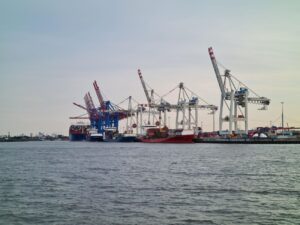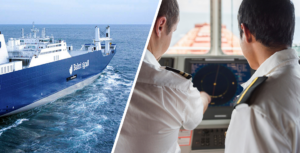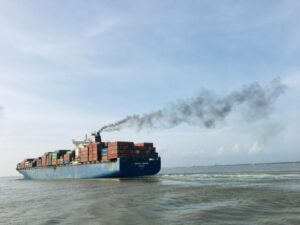New law to ensure minimum wage for over 10,000 UK seafarers
As of 1 October 2020, seafarers in the United Kingdom will be receiving a minimum wage — pay protection equal to every other sector.
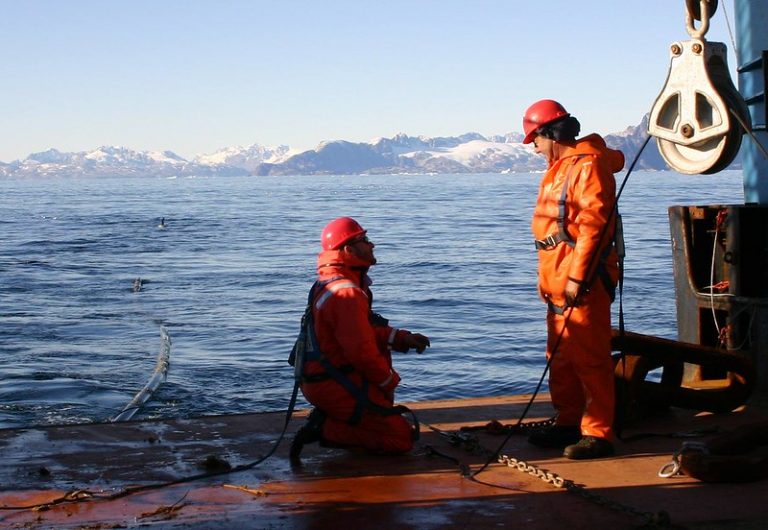
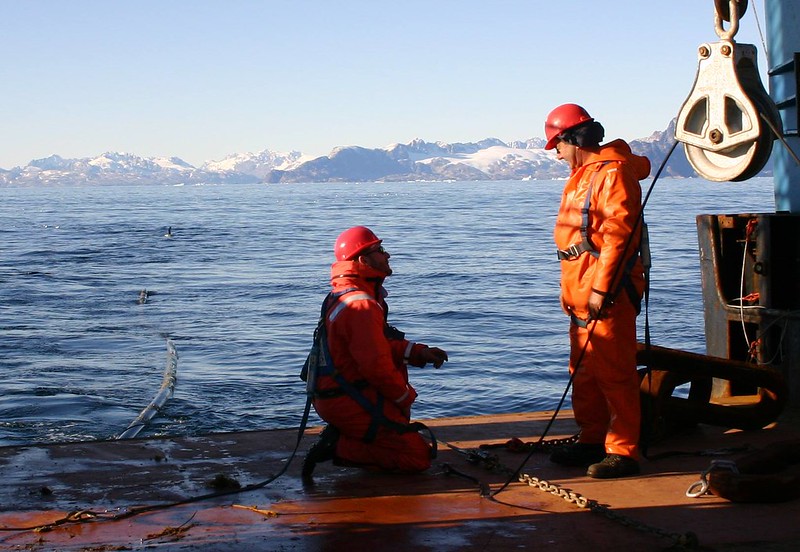
Until now, maritime has been the only sector in the country that did not apply National Minimum Wage protection for workers. The government has now extended protection to guarantee the minimum wage for maritime workers.
The new wage law ensures fair pay for more than 10,000 seafarers across the country and puts the UK ahead of other EU states in its protection on pay, the UK Department for Transport said.
“Ensuring a fair wage for our seafarers, especially the hundreds of thousands who have kept this country going through the pandemic, means that UK workers are not priced out of jobs by employers,” Robert Courts, Maritime Minister, commented.
“This is just the start – our Maritime 2050 strategy clearly sets the vision to see a fairer global maritime industry and the UK is determined to lead by example.”
“This is a welcome development at a tough time for seafarers in the UK and around the world. Entitlement to National Minimum Wage pay rates on domestic routes puts seafarers on a par with land-based workers and represents a victory for RMT’s campaigning on seafarers’ rights,” Mick Cash, the National Union of Rail, Maritime and Transport (RMT) Workers’ General Secretary, said.
“Enforcement of this improved protection for seafarers is key to it increasing employment for UK ratings across the shipping industry, from the ferries sector to growth areas like offshore wind, decommissioning and coastal freight.”
Related Article
Today’s announcement is said to build on the UK government’s longstanding work to safeguard British maritime workers throughout the COVID-19 pandemic and follows the successful repatriation of 13,000 seafarers from UK shores whose movement was restricted due to closed borders.
“The National Minimum Wage has put millions of pounds into the pockets of workers across the UK, and we want to ensure that as many workers as possible are entitled to receive it,” Paul Scully, Business Minister, said.
“This law change will ensure tens of thousands of seafarers in UK waters get paid fairly for their work – bringing the maritime sector in line with every other industry.”
The UK is among the countries with the highest number of maritime training providers. Local mariners can train and qualify on apprenticeships or seafarer training courses at over 25 universities and colleges across the country.


